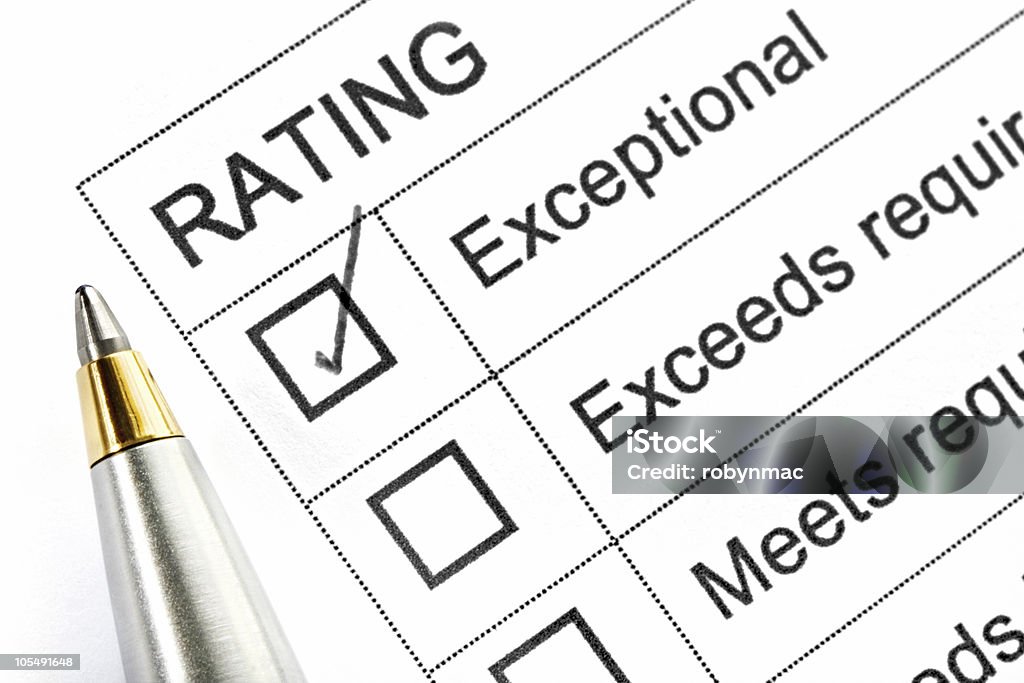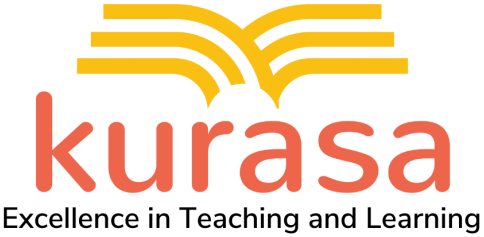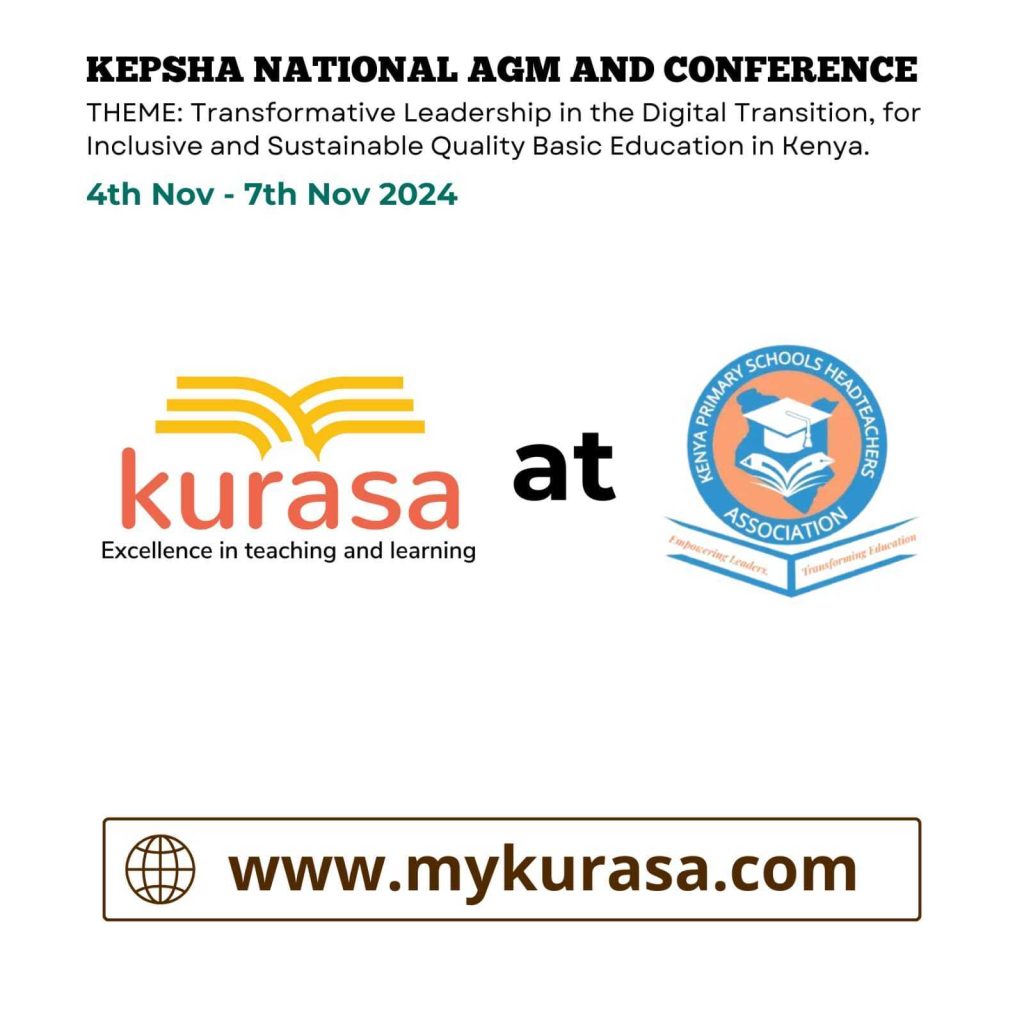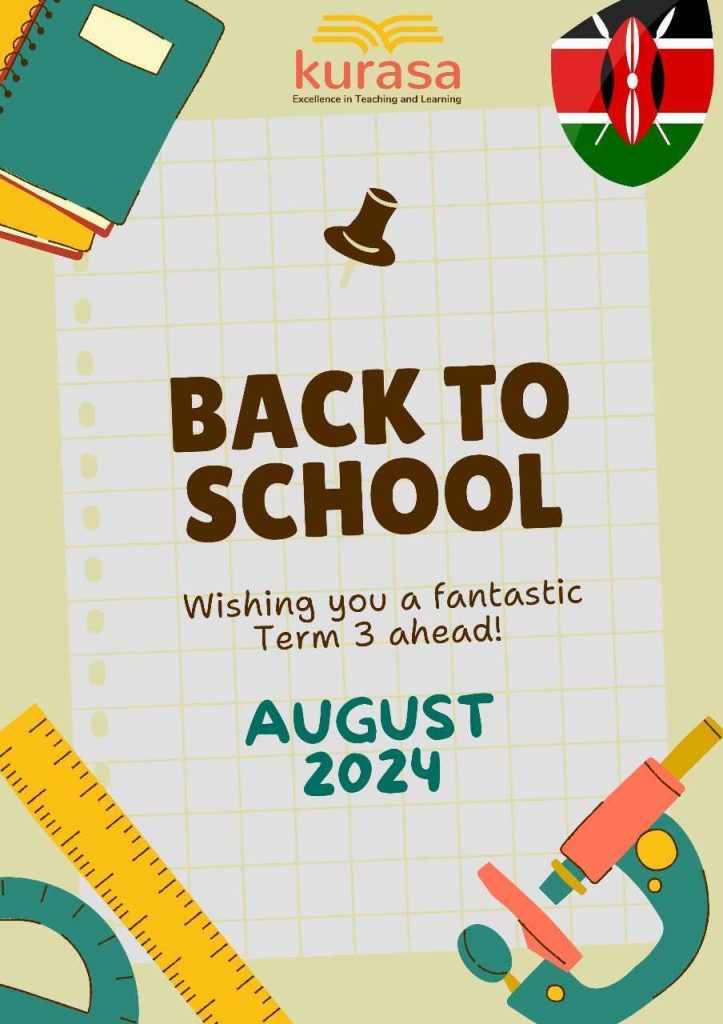
Introduction
In the dynamic landscape of education, the Competency-Based Curriculum (CBC) implemented in Kenya aims to develop learners’ skills, knowledge, and attitudes through a holistic approach. Central to this approach is the concept of formative assessment, an essential tool for teachers to monitor and support student learning continuously. Unlike summative assessments, which evaluate student learning at the end of an instructional period, formative assessments are conducted during the learning process, providing real-time feedback to both students and teachers. This blog delves into the significance of formative assessments, explores various types, and presents practical examples to illustrate their application in the CBC curriculum..
Understanding Formative Assessments
Formative assessments are designed to gather information about students’ learning progress and understanding. This ongoing assessment helps teachers identify areas where students may be struggling and adjust their teaching strategies accordingly. The primary goal is to enhance learning by providing immediate feedback and fostering a supportive learning environment. In the context of the CBC curriculum, formative assessments are particularly valuable as they align with the curriculum’s emphasis on developing competencies rather than rote memorization.
Types of Formative Assessments
Formative assessments can take various forms, each serving a unique purpose in the learning process. Here are some common types:
- Observations: Teachers closely observe students as they engage in learning activities. These observations provide insights into students’ understanding, participation, and skill development.
- Quizzes and Tests: Short, low-stakes quizzes and tests help gauge students’ grasp of specific concepts. These assessments are often used to identify misconceptions and provide targeted feedback.
- Exit Tickets: At the end of a lesson, students complete a brief task or answer a question related to the day’s learning. This helps teachers assess what students have understood and what needs further clarification.
- Peer Assessments: Students assess each other’s work using set criteria. This not only encourages collaboration but also helps students develop critical thinking and evaluation skills.
- Self-Assessments: Students reflect on their own learning and progress. Self-assessments foster metacognition, enabling students to take ownership of their learning journey.
- Learning Journals: Students maintain journals where they document their learning experiences, challenges, and reflections. These journals provide valuable insights into students’ thought processes and progress.
- Interactive Activities: Activities such as group discussions, role-playing, and simulations allow students to apply their knowledge in practical scenarios. Teachers can assess students’ application of skills and concepts.
Examples of Formative Assessments and Their Application
- Science Experiment Observations
In a Grade 5 science class, students conduct an experiment to observe the effects of different variables on plant growth. Throughout the experiment, the teacher observes students’ methodology, data collection, and analysis. By noting how students approach the experiment, the teacher can provide immediate feedback on scientific practices and correct any misconceptions.
- Math Quizzes
A Grade 3 math teacher administers a short quiz after teaching a new concept, such as fractions. The quiz consists of a few questions that test students’ understanding of fractions. Based on the results, the teacher identifies students who may need additional support and provides targeted instruction to address their specific needs.
- Exit Tickets in Social Studies
At the end of a Grade 7 social studies lesson on African geography, students complete exit tickets by writing one key takeaway from the lesson and one question they still have. The teacher reviews the exit tickets to gauge students’ understanding and plan the next lesson accordingly, addressing any lingering questions.
- Peer Assessments in Language Arts
In a Grade 6 language arts class, students work in pairs to review each other’s essays. Using a rubric provided by the teacher, they assess elements such as thesis statement, coherence, and grammar. This exercise not only helps students improve their writing skills but also enhances their ability to critically evaluate written work.
- Self-Assessments in Art
A Grade 4 art teacher asks students to reflect on their artwork and write a brief self-assessment, highlighting what they believe they did well and areas they could improve. The teacher reviews these self-assessments to understand students’ self-perception and provide personalized feedback to support their artistic development.
- Learning Journals in History
Grade 8 history students maintain learning journals where they document their reflections on historical events and their relevance to contemporary issues. The teacher periodically reviews the journals to assess students’ critical thinking and understanding of historical concepts, providing feedback to guide their learning.
- Interactive Activities in Physical Education
In a Grade 2 physical education class, students participate in a team-building activity that requires collaboration and problem-solving. The teacher observes how students communicate and work together, providing feedback on teamwork skills and suggesting strategies for improvement.
Conclusion
Formative assessments are integral to the success of the CBC curriculum, fostering a continuous and interactive learning process. By employing various types of formative assessments, teachers can gain valuable insights into students’ progress, identify areas for improvement, and tailor their instruction to meet individual needs. Through observation, quizzes, exit tickets, peer assessments, self-assessments, learning journals, and interactive activities, formative assessments create a supportive and dynamic learning environment. Ultimately, this approach empowers students to develop the competencies required for success in the 21st century, aligning with the goals of the CBC curriculum.


